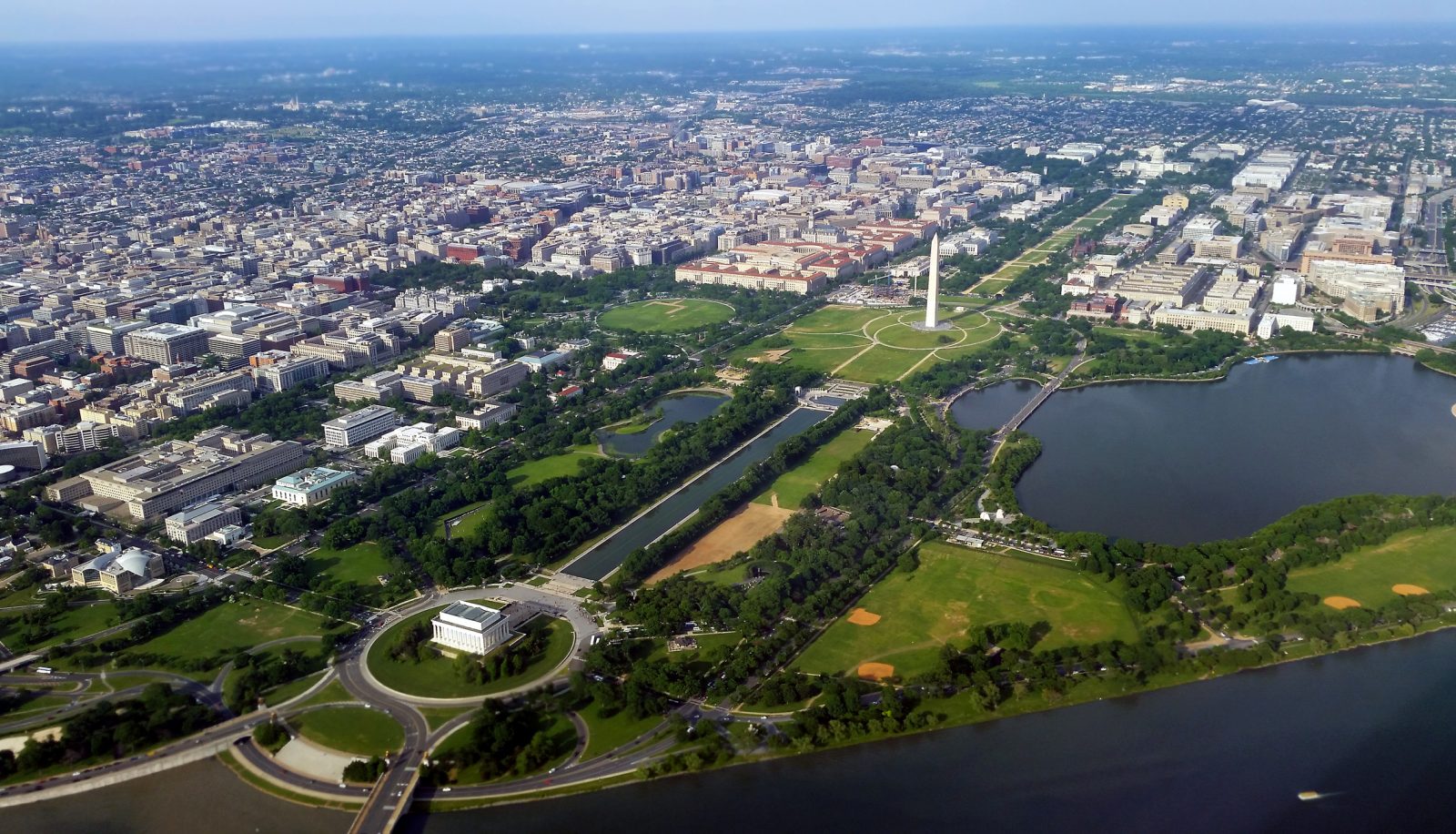To Fellow Political Junkies —
Four years ago, I labored to identify any parallels to Donald Trump: to his refusal to play by the rules or to be beaten, no matter the cost. I considered the plain speaking of another businessman, Ross Perot, and the populist demagoguery of Louisiana’s Huey Long, but then decided Trump was most like a non-alcoholic version of the damn-the-facts (and decency) of Joe McCarthy.
Respecting my increasingly senior status, some young staffers (without whom our firm couldn’t function in this electronic era, since, as my colleague Michael McShane points out, like he, I am fixed “firmly in the age of William of Orange”) recently asked me what historical political figure I’d compare/contrast Trump with today.
In some ways, the embattled Harry Truman, refusing to be defeated in 1948 by a re-run opponent, opposed by a hostile congress, trailing in the polls, confronted with crises (to which HE managed to rise) comes to mind. That campaign is brilliantly recalled in A. J. Bamie’s new book, Dewey Defeats Truman, reviewed in the link below from the WALL STREET JOURNAL.
Of course, in other ways – including knowledge of history, respect for the office and others of differing opinions, and simple human compassion – the two could not be more different. Indeed, I am reminded of something the great historian David McCullough (author of the 1992 Truman), said when asked at the National Press Club to compare President Truman with then Governor Clinton, President Bush and businessman challenger Ross Perot. He said,
“I don’t know Governor Clinton. Unlike President Bush, President Truman generally spoke in complete sentences, using both a noun and a verb. And while often compared to Mr. Perot, President Truman could not have been more different. Mr. Perot is a non-partisan, fabulously wealthy, business success. President Truman was a fiercely partisan Democrat. He never owned a house, until his wife inherited her mother’s. He was a business failure. Finally, President Truman was not a mean man.”
On reflection, I think a case can be made that the historic political figure most like President Trump, at least in terms of being out of touch with a large segment the American people (although clearly in touch with his loyal base), may be President Herbert Hoover, in 1930, 1931, and 1932, following the crash of 1929 and the ensuing depression. He genuinely felt it was the role not of the federal government but of private charity to take care of the “deserving poor” and that to provide aid would lessen self-reliance.
According to a current on-line “Digital History,”
“In June 1930, a delegation came to see him to request a federal public works program. Hoover responded to them by saying, ‘Gentlemen, you have come sixty days too late. The Depression is over.’ He insisted that ‘nobody is actually starving’ and that ‘the hoboes…are better fed than they have ever been.’ He claimed that the vendors selling apples on street corners had ‘left their jobs for the more profitable one of selling apples.’”
Whom will President Trump turn out to be: another Herbert Hoover or another Harry Truman?
Kosner, E. (2020, July 17). ‘Dewey Defeats Truman’ Review: The Truman Show.
WASHINGTON POST reporter Aaron Blake – whose reporting increasingly impresses me with each passing week of this crazy campaign season – just wrote a column on “4 things that could swing the 2020 race toward Trump.”
I absolutely agree with – and no comment is required on – his reasons 3. “Biden’s flubs,” and 4. “The unprecedented coronavirus factor.” He is right on both.
His second reason, “The likely voter switch” is also right and missed by too many. Most of the early polls focus on registered voters, not likely voters . . . and IF we see the long-predicted historically high turnout this year, the difference may be marginal. But it could be the critical margin of victory/loss. Mr. Blake sites a Monmouth University poll last week that saw Biden’s margin drop from 13 points among registered voters, to 10 points for a high turnout, to seven points for a low turnout.
The question is WHO is the marginal turnout voter? Traditionally, it is Democrats: minorities and young voters. But in a pandemic, when President Trump keeps up an unrelenting drumbeat against mail voting, might it be older, white Republicans? Or does the greater enthusiasm by Trump’s voters mean they will turnout and lackluster Democrats won’t, especially given the Trump campaign’s focus on turning out non-college-educated white voters who did not vote in 2016?
Mr. Blake’s first reason, “An imminent Supreme Court vacancy,” is, I think the only one subject to question, or at least quibbling. I don’t doubt for a moment its absolute importance. But I do question its importance to the average voter. For strong partisans, students of government, constitutional law buffs, and political junkies it is, without question, of great importance. But to the average voter, I think it pales compared to the pandemic, the economy, the crisis in race relations, and the personality/performance of the two candidates.
Of course, the Court has been a hot-button issue in other elections: from the confirmation of Judge Kavanaugh recently, to the “Impeach Earl Warren” (and William O. Douglas) crusades of an earlier era, to FDR’s ill-conceived “court-packing” plan and his subsequent failed “purge” of U.S. Senators who opposed him now 80-plus years ago.
Will it be this year? We’ll see.
